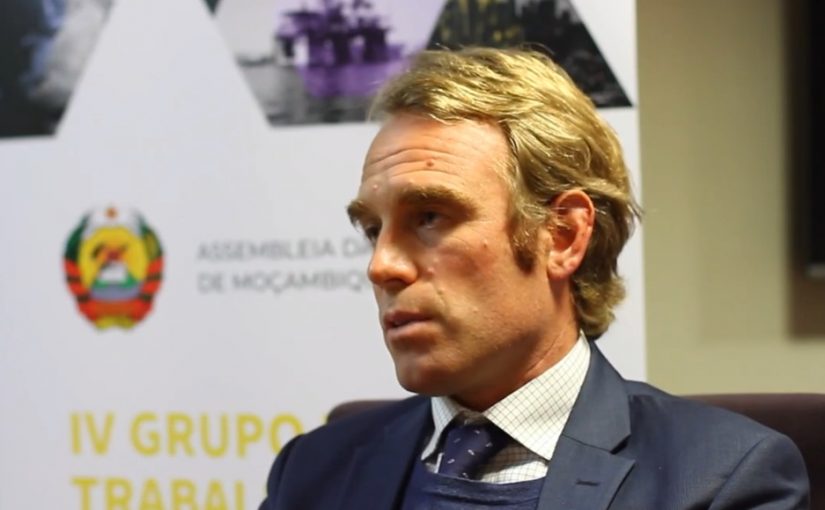Mozambique: Customs Director General opens workshop on illegal wildlife trade - Photos
Mozambique: State should review tax incentives – IMF

FILE - For illustration purposes only. [File photo: Pro PALOP-TL SAI]
The representative of the International Monetary Fund (IMF) in Mozambique said on Friday that the country needs to review its tax incentives regime because they drain revenue from the state and reduce the capacity for public investment.
“The [possibility of] eliminating tax exemptions has to be explored, it’s a path” that could be considered, said Alexis Meyer-Cirkel.
Meyer-Cirkel was speaking at a lecture dedicated to “Reflections on the socio-economic development of Mozambique”, at the Faculty of Economics of the Eduardo Mondlane University (UEM), the largest and oldest in Mozambique.
Tax incentives, he continued, take away revenue that the state should be collecting from economic and business activity, reducing its capacity for public investment in essential infrastructure such as health and education.
In the case of Mozambique, there is a lack of clarity about the criteria for awarding incentives for investments in various areas, creating opacity about the usefulness of these stimuli, added the IMF representative in Mozambique.
“It’s not clear what the strategy is behind the granting of tax incentives in one area and another, there is no clear document on the orientation that is followed,” said Alexis Meyer-Cirkel.
He added that there are studies that show that tax incentives are not a decisive factor for investors, pointing to political and economic stability and the existence of strong institutions, namely the courts, and infrastructure as important pillars for economic activity.
“Tax benefits have a low ranking” as an important variable for investors, he emphasised.
The IMF representative in Maputo warned of the risk of the incentives granted to various investments resulting in a tax burden on other activities, creating a situation of fiscal injustice.
He also called for an end to the “excessive” allocation of the state budget to current expenditure, with a view to freeing up resources for investment areas.
“This balance of the budget, which is very excessively orientated towards current spending (….), requires a correction that needs to take place over the next few years,” he said.
Alexis Meyer-Cirkel also pointed to the need to modernise the tax machine, through digitalisation, in order to make revenue collection more efficient.
Mozambican civil society organisations have repeatedly criticised tax exemptions granted to multinationals, mainly in the natural resource extraction sector.












Leave a Reply
Be the First to Comment!
You must be logged in to post a comment.
You must be logged in to post a comment.